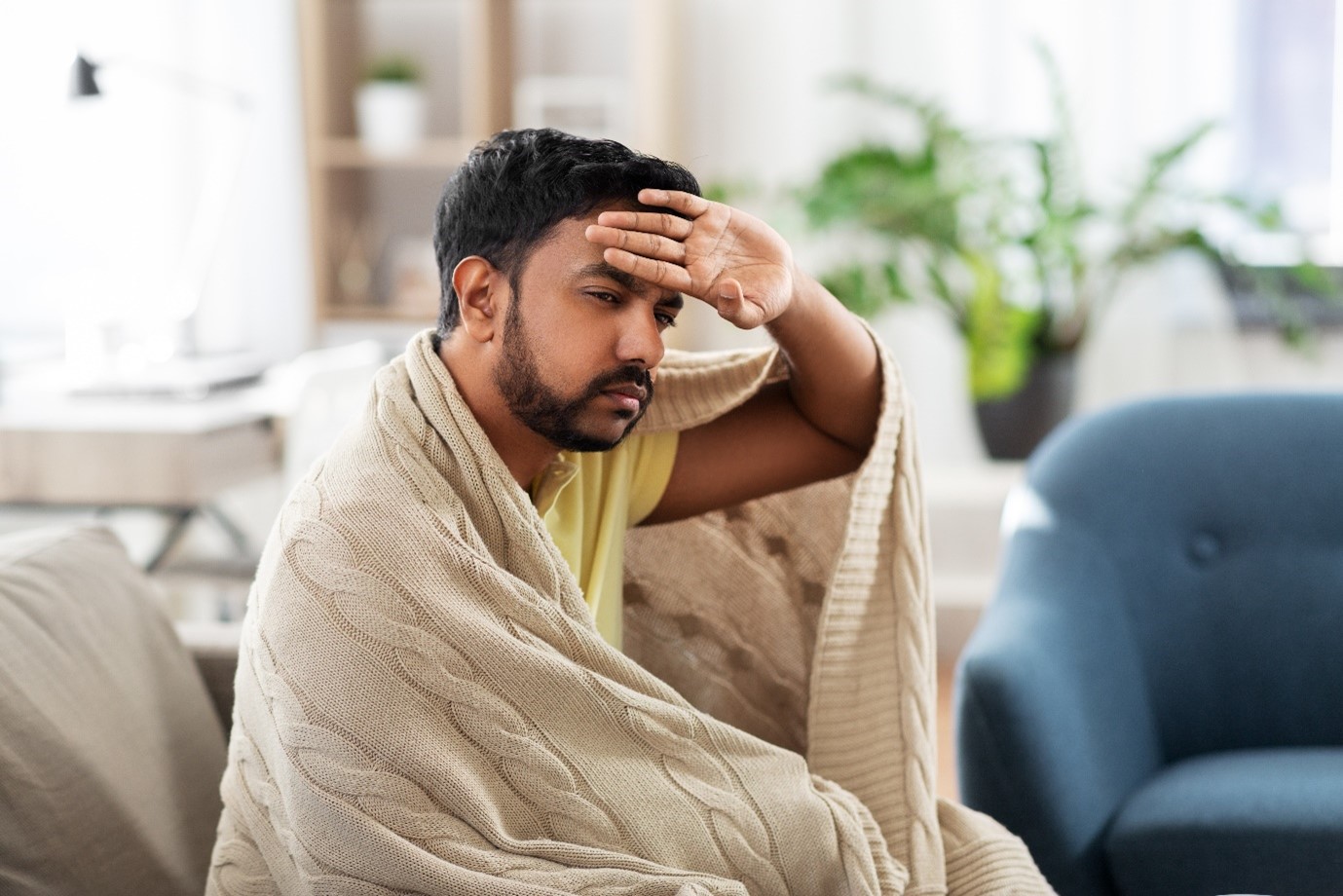At Suraksha Hospital, We prioritize your health and well-being. As chikungunya continues to affect communities worldwide, we aim to provide you with essential information about this viral disease, its symptoms, prevention, and treatment options.
What is Chikungunya?
Chikungunya is a viral infection caused by the Chikungunya virus. It is primarily transmitted to humans through the bites of infected mosquitoes, especially the Aedes aegypti and Aedes albopictus species. The disease is characterized by sudden-onset fever and severe joint pain, which can significantly impact the quality of life.
Symptoms to Watch For
Chikungunya symptoms usually appear within 4 to 8 days after being bitten by an infected mosquito. Common symptoms include:
High Fever: Sudden onset of fever is typical.
Severe Joint Pain: Often affecting multiple joints, this pain can last for weeks or months.
Muscle Pain: Accompanied by general discomfort.
Headache and Fatigue: These are common and can be debilitating.
Rash: Some patients may develop a rash as the illness progresses.
If you experience these symptoms, especially after being in an area known for chikungunya outbreaks, it's important to seek medical attention.
How is Chikungunya Spread?
Chikungunya is primarily spread through mosquito bites. The Aedes mosquitoes are most active during the day, particularly in the early morning and late afternoon. Understanding the transmission of this virus can help you take the necessary precautions.
Prevention Strategies:
Preventing chikungunya is largely about avoiding mosquito bites. Here are some effective strategies:
Use Insect Repellent: Apply repellents containing DEET or picaridin on exposed skin.
Wear Protective Clothing: Long-sleeved shirts and pants can provide additional protection.
Eliminate Mosquito Breeding Grounds: Remove stagnant water from your surroundings, as mosquitoes breed in such areas.
Install Screens: Ensure windows and doors are fitted with screens to keep mosquitoes out.
Treatment Options
Management focuses on relieving symptoms. Here's what you can do:
Stay Hydrated: Drink plenty of fluids to avoid dehydration.
Rest: Give your body time to recover.
Pain Relief: Over-the-counter pain medications like acetaminophen or ibuprofen can help reduce pain and fever.
Living with Chikungunya
For some individuals, joint pain can persist long after the initial infection has cleared. If you find yourself dealing with prolonged discomfort, please consult with a healthcare provider at Suraksha Hospital.
At Suraksha Hospital, we believe that awareness is critical to prevention. By understanding chikungunya, recognizing its symptoms, and knowing how to protect yourself, you can take proactive steps toward your health.
If you have any questions or need medical assistance, don't hesitate to reach out to our team. Your health is our priority!


